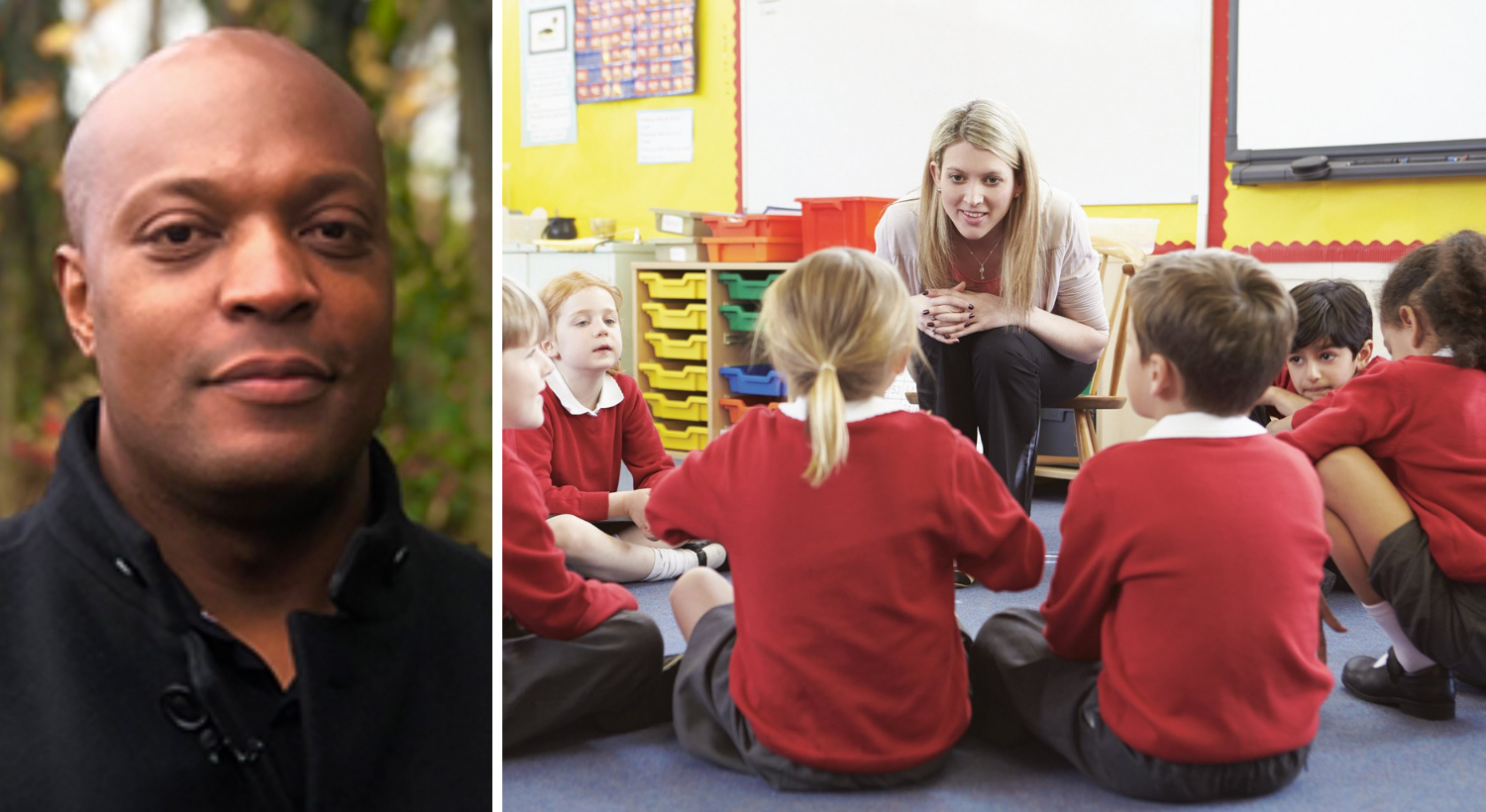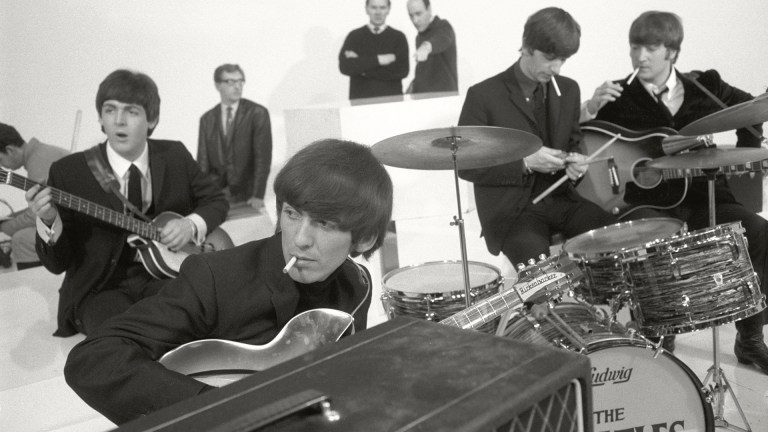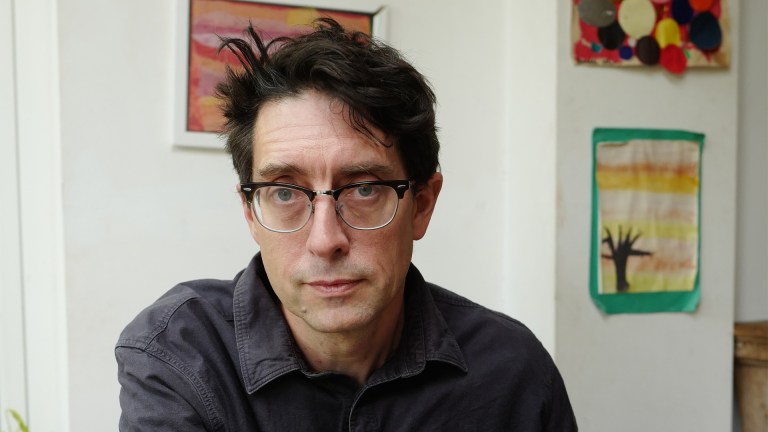The primary school history curriculum gives statutory instruction and guidance for the teaching and learning of stories about Anglo Saxon settlement, Anglo Saxon and Viking Struggles; the Tudors; the Victorians; World War One and World War Two. Little has changed with history curriculum content since this was introduced formally to state schools in 1988.
One of the of key arguments concerning history in schools is about its purpose. Some commentators argue that the teaching of British history should be fixed on giving ‘facts’ of British story as a master narrative to maintain a traditional orientation with historical consciousness.
Specific stories and events from history on the British Isles in the past like those mentioned above are to be taught and learnt as exemplary facts of who we are in the now, and in the future.
Opponents to this view see history as fluid; constantly moving like a river. The past is referenced, but times and people (the history makers) on the British Isles have changed. The essence of history in this charts transformation – seeing the past in the present for perceiving the future, and its new possibilities.
This way of seeing fits a critical orientation with historical consciousness. It means that any given moments of history from the past, including the idea of our national identity and our nation, can be challenged for relevance, meaning and value in the present.
There are alternative approaches to teaching and learning about British history in schools using ‘transformative’ critical multicultural education.
The research discussed in my book shows the responses of 21 White British trainee primary school teachers. They examined a range of oral testimonies that were written by African-Caribbean (Black British) people concerning their lived experiences from episodes from British history.
An aim of the research was to centre Black British voices, giving these the lead in the telling of British history. Another aim of the research was to see if these oral testimonies could support the White British trainee teachers’ in transforming their approaches to learning about British history in the primary school classroom through ‘critical curriculum thinking’.
This in effect is empowering educators and teachers to recognise the extreme one-dimensional bias of a White only national story about people of the British Isles that is framed by a Eurocentric curriculum.
The book does not dismiss these Anglo-Saxon and Viking starting points, but instead seeks to promote a critical examination of these curriculum directives in juxtaposition with ‘cross-cultural encounters’ from 20th century narratives between African-Caribbean (Black-British) people and White British peoples.
The past is related to the present to provide sense of our current social multicultural conditions as British people, and future possibilities in our transformations.
The central message from the book is that current primary school history curriculum teaching, learning directives and guidance through a dominant white British ethnic nationalist narrative reinforces inequality and division of British people.
A better history curriculum would give equal focus to broader stories of peoples who by our various passages have come to the British Isles over the ages.
Revising the history curriculum teaching and learning aims and contents should incorporate the stories of Black British people, for use as a model in presenting the eclectic nature of our national identity, and for reforging the idea of nation in the 21st century.
Dr Marlon Lee Moncrieffe’s is Senior Lecturer at the School of Education, University of Brighton. He has worked in Primary School Education and Higher Education for over twenty years. His book Decolonising the History Curriculum – Euro-centrism and Primary Schooling (Palgrave Macmillan) £44.99 is out now.









